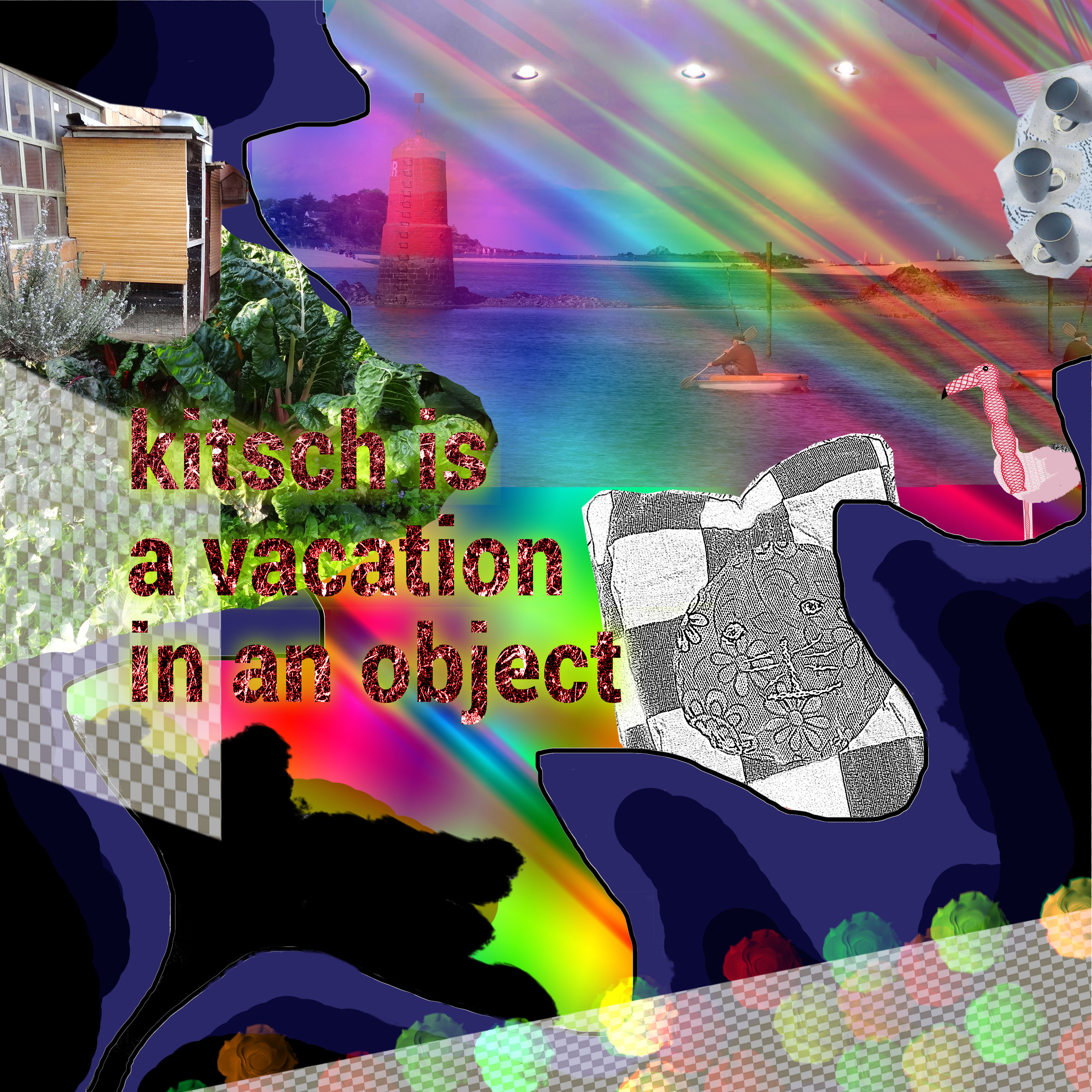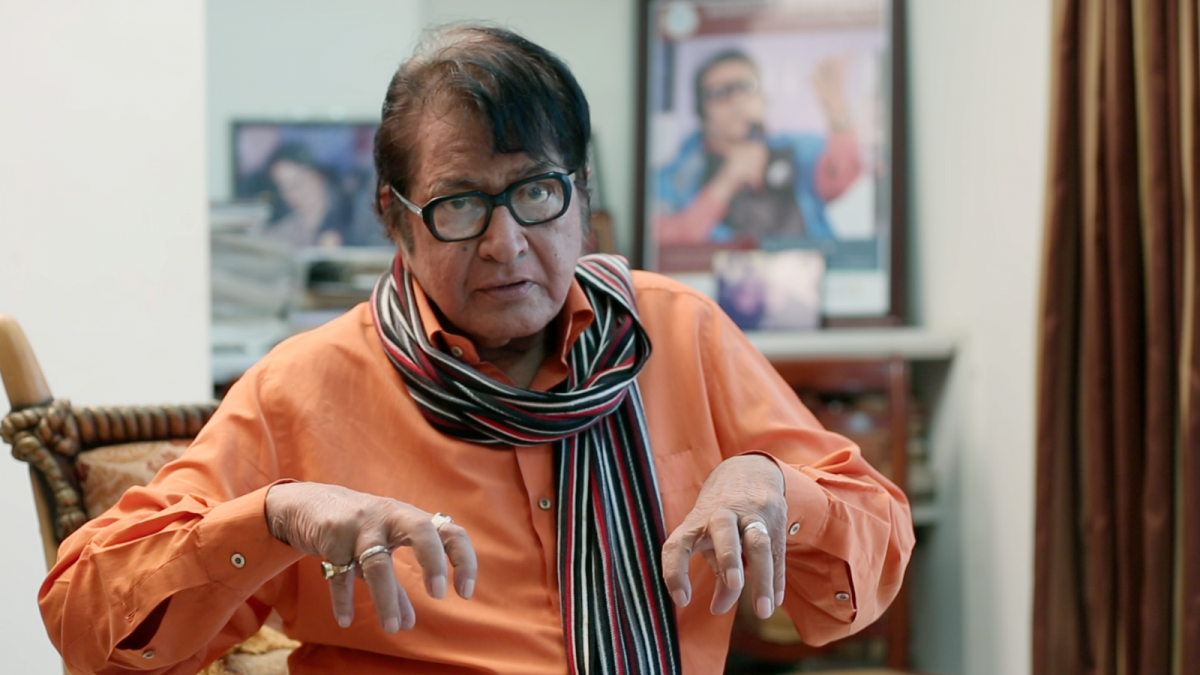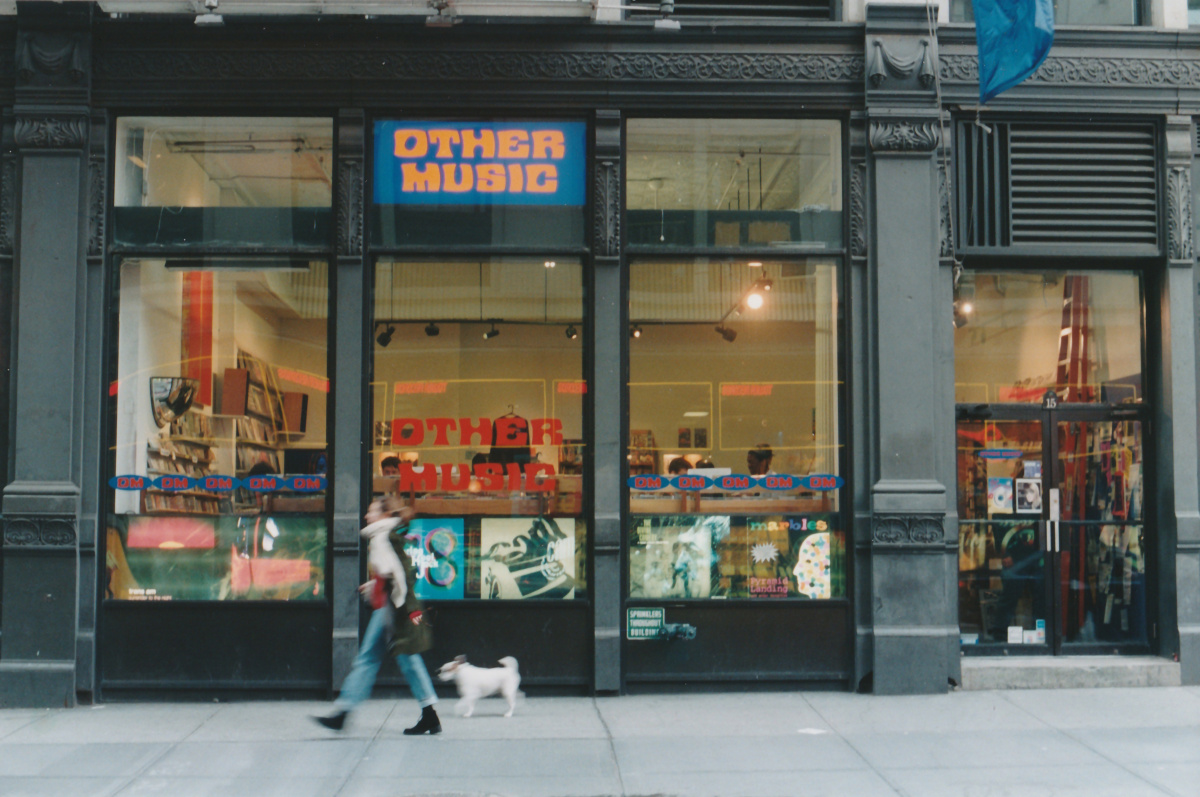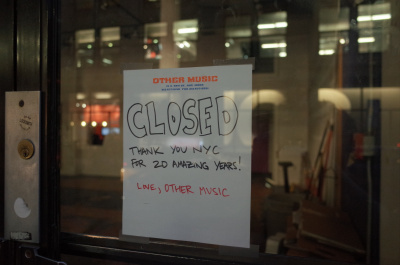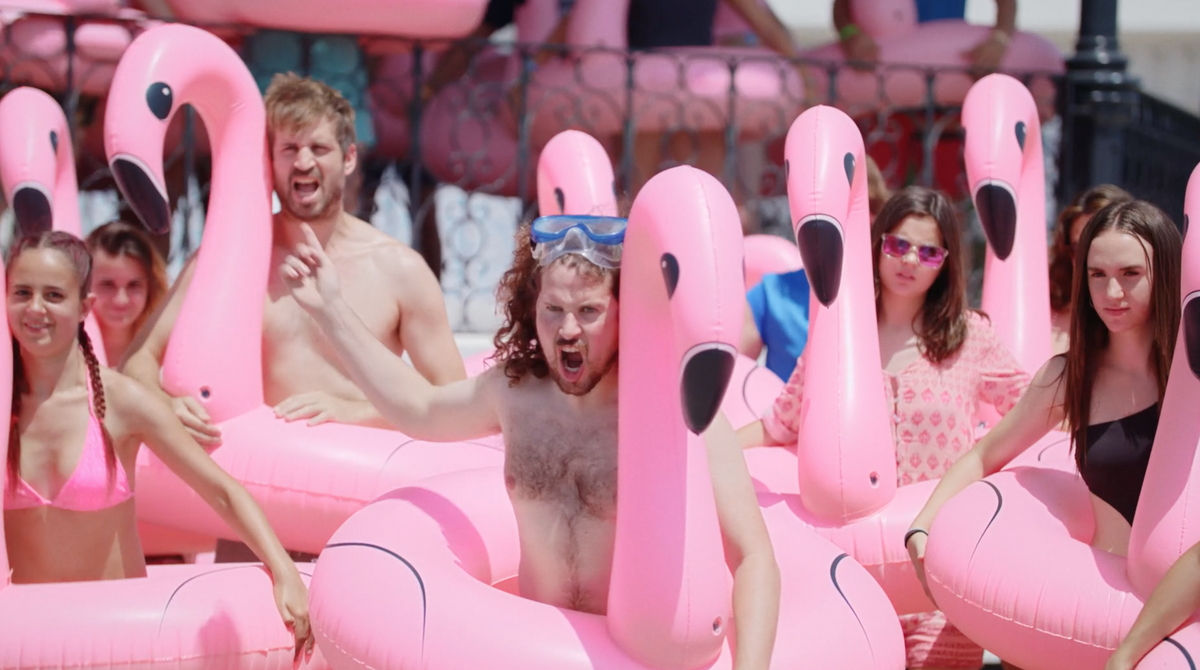
Being Untrue to Yourself
Defining one’s authenticity by being inauthentic is a central mode of being queer – and has become a popular aesthetic. In an essay inspired by the film The Mystery of the Pink Flamingo, our writer asks how the metaphor of the flamingo might offer a route out of a repressive reality.
→ Check all articles of this special
→ Download PDF with introduction and table of contents
One of the fundamental assumptions underlying the cultural climate of postmodernity is that authenticity can be constructed around anything – especially inauthenticity. In fact, an embrace of the inauthentic can be an invitation to subvert and reorder existing paradigms of authenticity. Take the eponymous signifier of The Mystery of the Pink Flamingo, a bird that, as the film shows, has become the quintessence of all that is weird, bad-taste, and carefree.
The elongated hot pink wading bird is hardly a totem of earthy realism, having long been a core member in the menagerie of exotic animals deemed absurd in Western art and literature (alongside the elephant, rhinoceros, zebra, giraffe), and who recur in it to invariably quizzical effect. It is still less traditionally authentic when you factor in the flamingo’s role as the queen of decorative tropical kitsch, as seen in the form of countless millions of plastic lawn ornaments.
Vacation in an Object
And yet it is precisely the flamingo’s symbolizing a departure from present reality that allows it to serve as an invitation to a greater authenticity. If existing reality is staid, dull, repressive, then the flamingo offers a route out. As writer Brian Antoni puts it in the film, «Kitsch is a vacation in an object». One can be true to oneself by acting on one’s dissatisfaction with existing reality and taking up the flamingo’s offer, thereafter becoming someone more honest about themselves and their relation to the world.
This is certainly the trajectory of the film’s main character, Rigo Pex, and that of many of the people he encounters. Pex’s initial passivity is represented in his black clothing, but also in his work as a high-fidelity sound engineer and recordist, which implies an effort of supreme transparency, an artist who subordinates himself to and vanishes into his subject. At the film’s conclusion, Pex makes his own music, and thus becomes Meneo, famed extrovert of electronic music.
Yet amid all this consolatory embrace of camp, one key dimension to this journey of self-discovery is never explicitly noted, even if it is present with all the subtlety of the flamingo itself: Queerness. Even if it does so indirectly, The Mystery of the Pink Flamingo attests that the queer discovery of the authenticity of the inauthentic (and its vice versa) has had an incalculable effect on the aesthetics and semiotics of the contemporary world, and the greater truths lived by so many of those who populate it.
Do You Want to Fly Away?
According to the film’s narrator (who is, it is implied, a flamingo himself), Pex’s journey begins when he is «willing to understand what is inside him that is fighting to come out». Avatars of pink and camp are typically queer-coded, and many of the film’s interviewees exemplify this aesthetically. Filmmaker John Waters and pop culture genius and socialite Allee Willis appear as queer godparents – the former asks him, «Are you looking for a partner that you can’t get near? Maybe that’s it. Do you want to fly away? Flying is always sexual in every dream.»
In one scene, Pex floats naked in a pink sea as he explores the identity he’s been repressing. Pex even begins to tear up as Antoni tells him, «Just don’t worry. Don’t let people tell you what to do, just do what you want to do… People just want to put you in a box, just open the box and jump out.» Leaving this queerness unnamed almost amounts to queerbaiting – but the film’s message is one that is hardly exclusive to the LGBTQ community.
The film «The Mystery of the Pink Flamingo» by Javier Polo Gandía was officially selected at the Norient Film Festival NFF 2021. See full program here.
This text is part of Norient’s essay publication «Nothing Sounds the Way It Looks», published in 2021 as part of the Norient Film Festival 2021.
Bibliographic Record: Rhensius, Philipp. 2021. «Editorial: NFF 2021 Essay Collection.» In Nothing Sounds the Way It Looks, edited by Philipp Rhensius and Lisa Blanning (NFF Essay Collection 2021). Bern: Norient. (Link).
Biography
Published on January 11, 2021
Last updated on April 09, 2024
Topics
Snap
